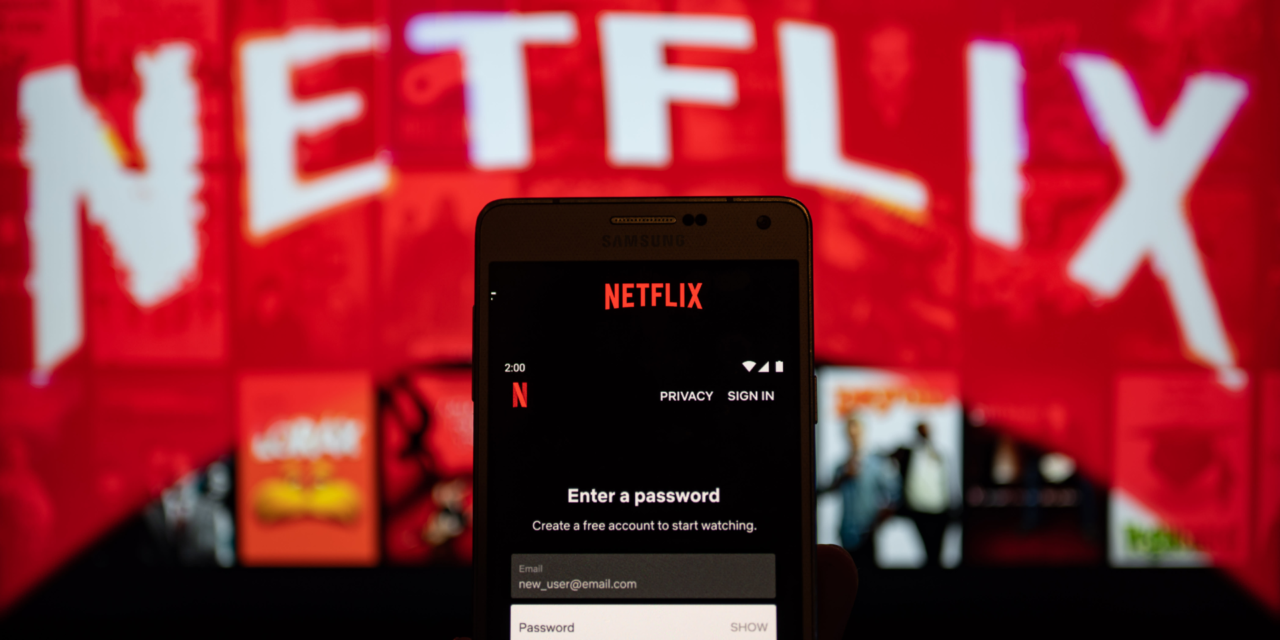The streaming giant’s plan to monetize account sharing will be accessible in the United States in the second quarter, after its deployment in Canada, New Zealand, Spain, and Portugal.
Netflix stated Tuesday that it will begin rolling out paid sharing in the United States and other countries in the second quarter of this year.
After undertaking trials in Latin America, Netflix indicated in January that it will be cracking down on account sharing more globally.
The crackdown officially began in early February, when Netflix launched “paid sharing” services in Canada, New Zealand, Spain, and Portugal. As part of such plans, the primary Netflix subscriber may add two extra persons outside of their residences for an additional CAD$7.99 per month per person in Canada, NZD$7.99 in New Zealand, 3.99 euros in Portugal, and 5.99 euros in Spain.
Netflix did not divulge price for the United States or other countries included in the Q2 launch, but did state that pricing will be higher in more affluent nations.
“We’ll look at that in a market-by-market basis, but obviously we tested different pricing in these last rollouts than we tested in Latin America and that gives you a sense about how we’re thinking about, you know what is optimal pricing, especially in more affluent countries,” co-CEO Greg Peters said on the earnings call.
Netflix stated that it is “pleased with the results” from Q1, but has opted to delay the broader launch in order to capitalise on some of the early market learnings, such as how to access Netflix outside of the house.
“We’re pleased with the results of our Q1 launches in Canada, New Zealand, Spain and Portugal, strengthening our confidence that we have the right approach. As with Latin America, we see a cancel reaction in each market when we announce the news, which impacts near term member growth. But as borrowers start to activate their own accounts and existing members add ‘extra member’ accounts, we see increased acquisition and revenue. For example, in Canada, which we believe is a reliable predictor for the US, our paid membership base is now larger than prior to the launch of paid sharing and revenue growth has accelerated and is now growing faster than in the US,” Netflix stated in its Q1 results letter.
The goal for Netflix is to exploit this function to increase income, a move that has been enthusiastically welcomed by Wall Street. However, the business cautioned in January that it would most certainly result in some subscription cancellations in the short term, with co-CEO Greg Peters remarking that it would not be a “universally popular move.”
“Today’s widespread account sharing (100M+ households) undermines our long term ability to invest in and improve Netflix, as well as build our business. While our terms of use limit use of Netflix to a household, we recognize this is a change for members who share their account more broadly,” Netflix stated in its January earnings report.
Executives have also stated that the paid-sharing option, as well as the new ad-supported tier, provide members with various pricing points to select from and may counterbalance some cancellations. Many Wall Street analysts see paid-sharing and the ad-layer functioning together, with Macquarie analyst Tim Nollen believing that paid sharing may help “jump start” the ad tier.





